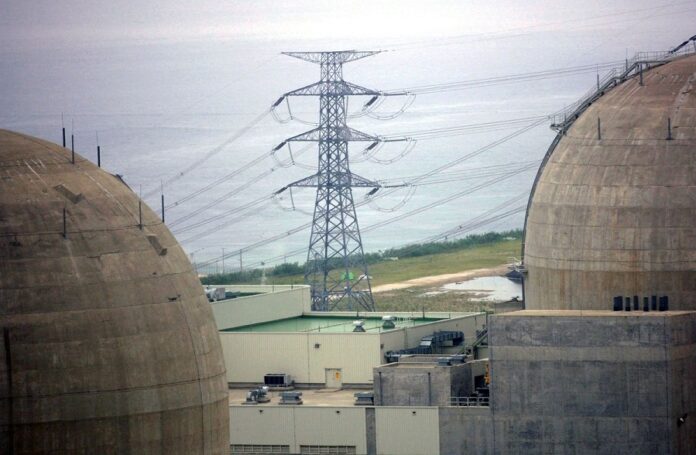Poland reached a deal with South Korea to develop the European nation’s second nuclear power plant, accelerating its efforts to become energy independent following Russia’s invasion of Ukraine, according to Bloomberg.
Korea Hydro & Nuclear Power Co., a state-run nuclear plant operator, signed a letter of intent with Polish utilities PGE SA and ZE PAK SA on Monday, South Korea’s energy ministry said in a statement. The consortium will build several APR-1400 reactors near ZE PAK’s coal plants in Patnow.
“The initiative of ZE PAK and PGE is extremely interesting because it fulfills the strategic goals of Poland and Poles – cheap energy and energy independence,” Poland’s Deputy Prime Minister Jacek Sasin was quoted as saying in the statement.
The agreement comes just days after Poland selected Westinghouse Electric Co. to build its first nuclear plant. The European Union’s most coal-reliant country is pushing into nuclear power to provide stable electricity while curbing the need for imports of coal and natural gas. The deal is also a shot in the arm for Korea’s government, which has been promoting the export of atomic technology as part of a wider push to reduce emissions.
The companies will come up with a more detailed development plan by the end of this year setting out the expected budget and financing, according to the statement. The number of reactors to be built will be determined at a later date.
South Korea’s energy ministry said it also signed a separate memorandum of understanding with Poland’s State Assets Ministry agreeing to provide support to the companies in developing the project, and share information to further expand cooperation between the two nations.
Still, South Korea’s ambition to become a major exporter of nuclear technology faces a challenge after Westinghouse filed a lawsuit in the US to prevent Korea Electric Power Corp. and its unit Korea Hydro from “unauthorized” sharing of the technology with other countries. The legal dispute could hamper Korea’s ability to develop plants in other nations, including Poland, Saudi Arabia and the Czech Republic.
Under the administration of President Yoon Suk Yeol, the government has pushed for a long-term build-out of nuclear power at home, while pledging to be a major exporter of nuclear technology. In August, the Asian nation secured a 3 trillion won ($2.1 billion) order to supply equipment and material for the construction of nuclear plants in Egypt, Korea’s first such overseas deal since 2009.


